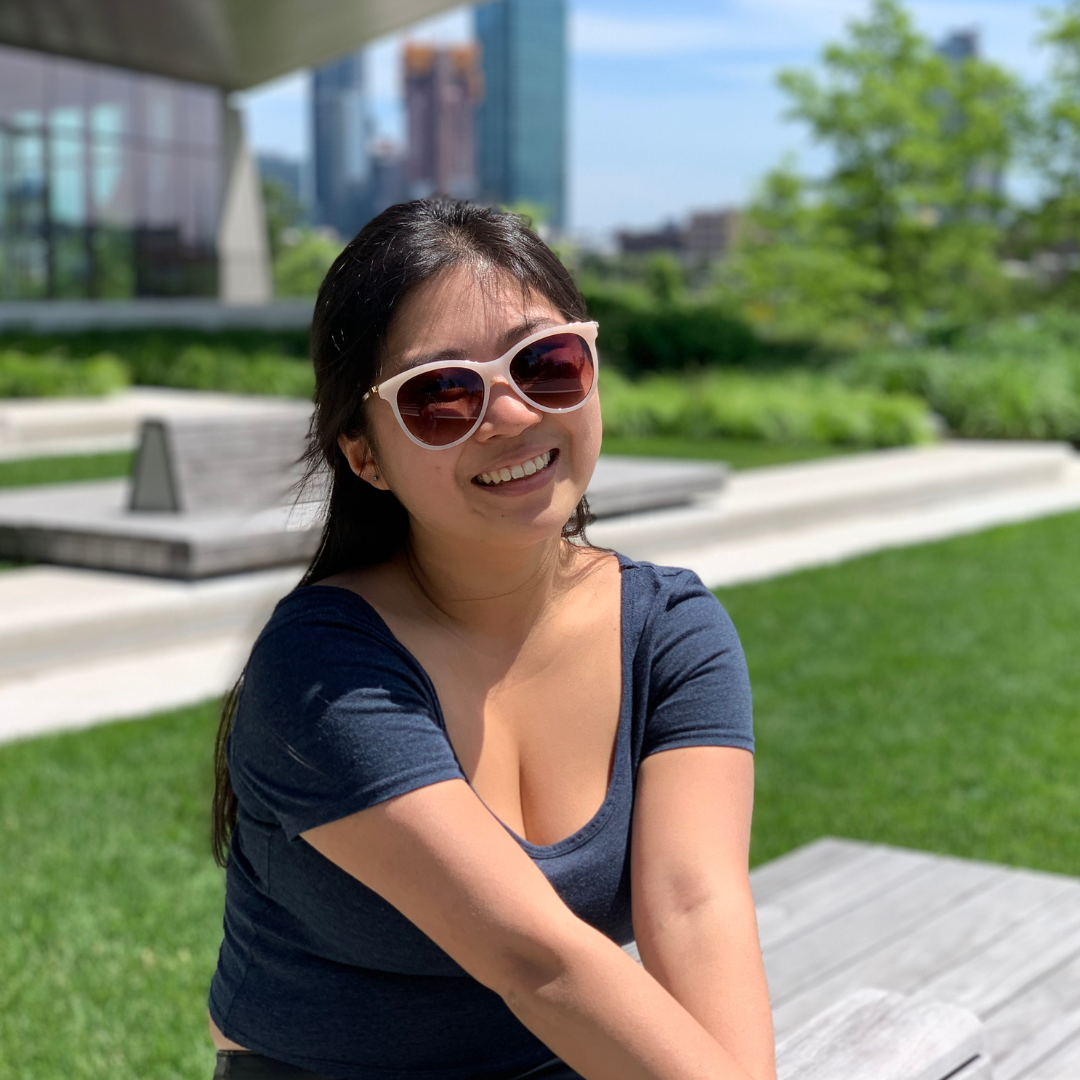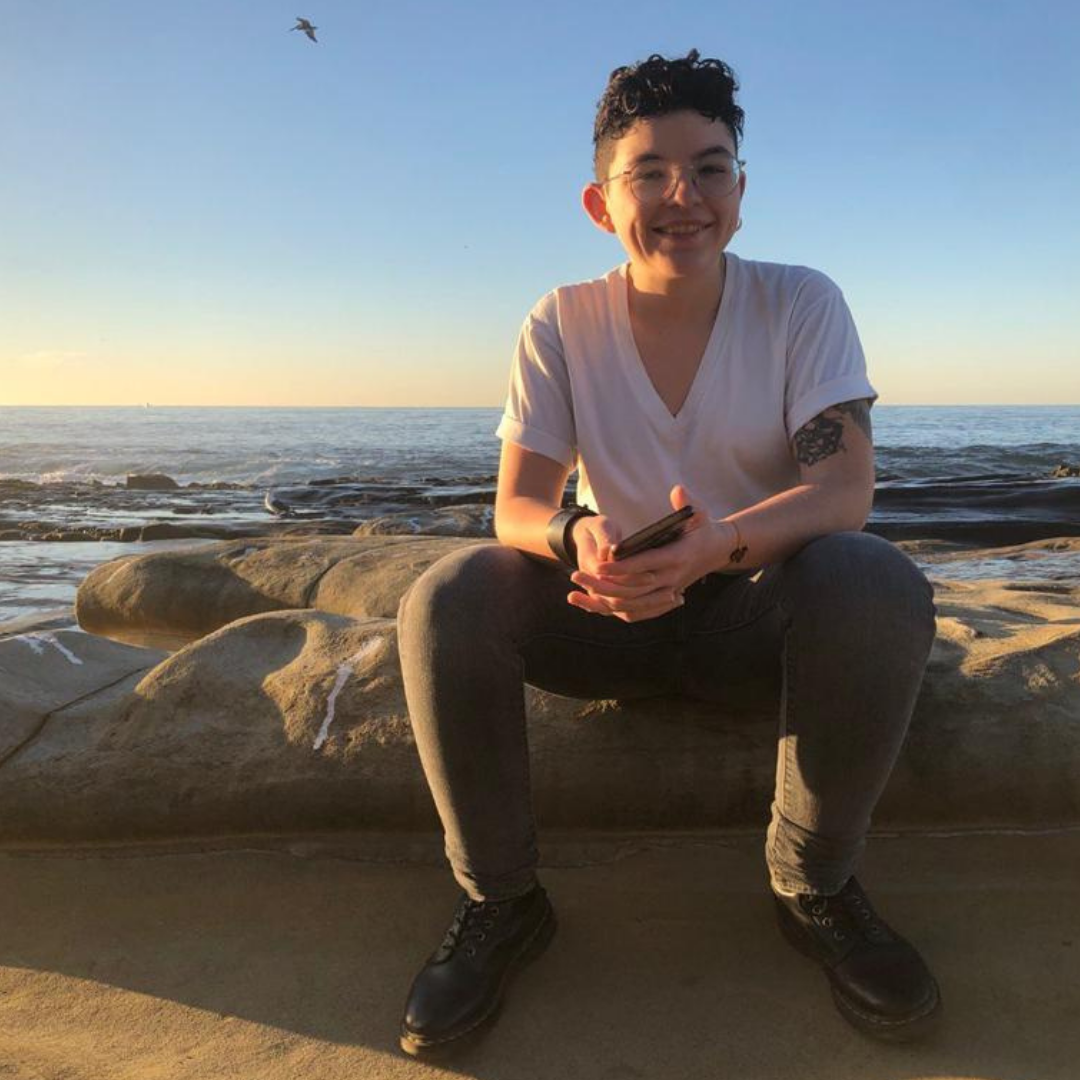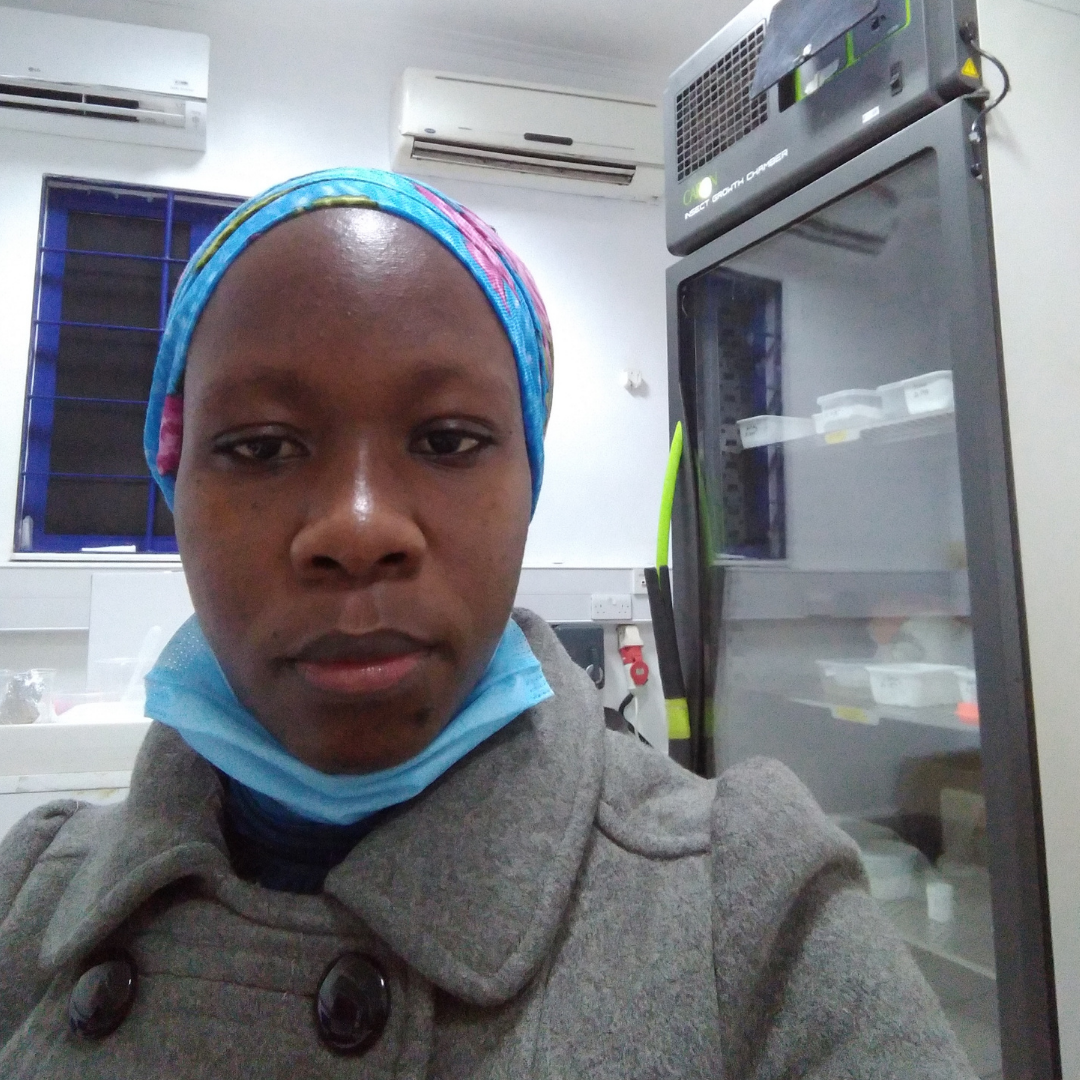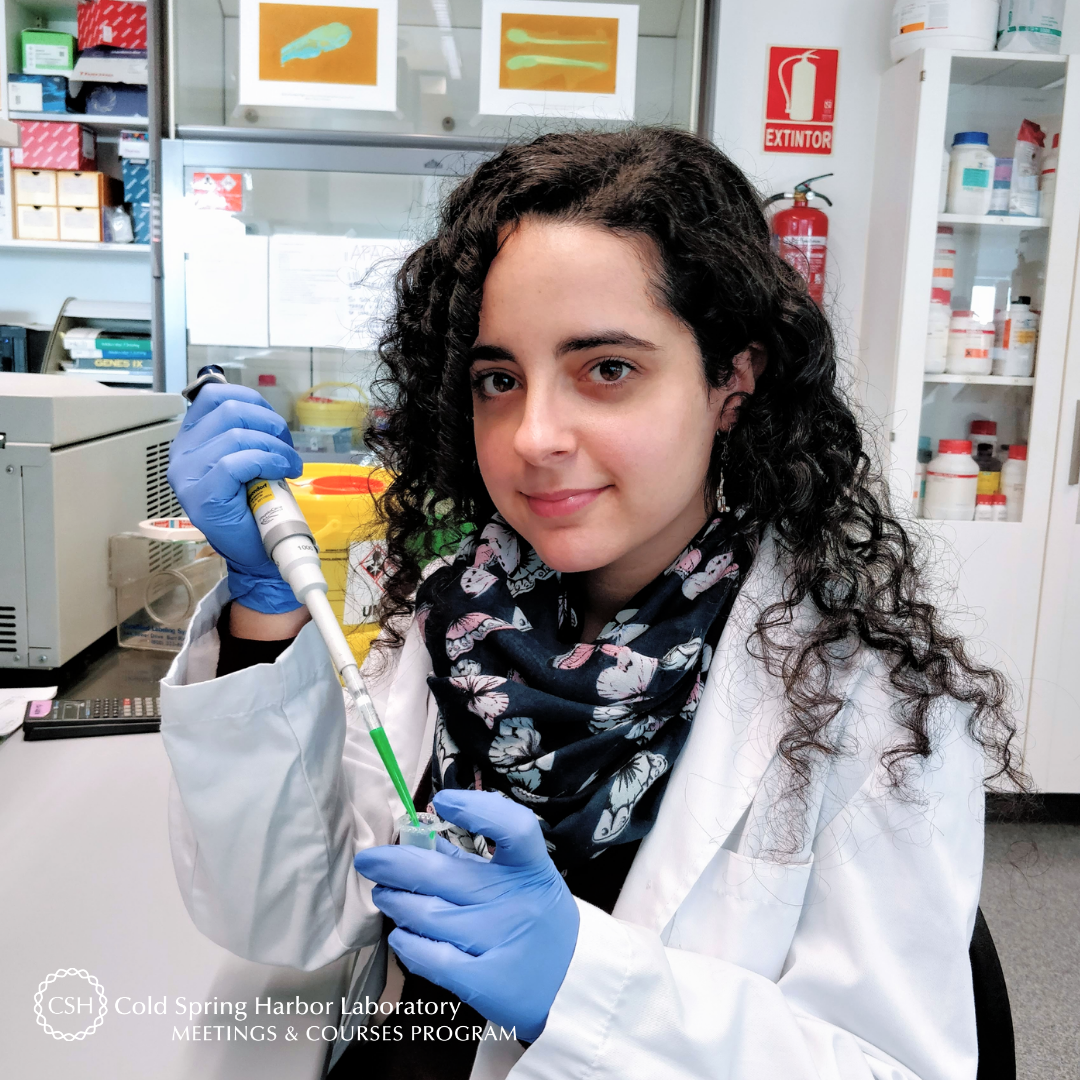Meet Shreeta Chakraborty of the Eunice Kennedy Shriver National Institute of Child Health and Human Development. The postdoctoral fellow in the Unit on Genome Structure and Regulation led by Pedro Rocha. Shreeta took part in her first CSHL meeting: Systems Biology: Global Regulation of Gene Expression which was, a few weeks before its scheduled start date transformed into, a virtual conference. The first-ever virtual CSHL meeting was attended by 170+ participants and Shreeta shares her experience of the Systems Biology meeting.
Tell us about your research.
My research explores how specific transcription factors, enhancers and promoters interact in the three-dimensional nucleus and coordinate cell fate based upon changes in chromatin architecture during early mammalian development. More specifically my goal is to investigate the functional significance of disruption of CTCF binding in mediating chromatin looping in knock-out mouse models and embryonic stem cells established from them.
How did you decide to focus on this area/project?
One research question that has always astonished me: How does dynamic gene regulation execute a diverse repertoire of high-fidelity response during cell fate decisions at the critical stages of development and differentiation? In my Ph.D., I explored the development of the placenta using molecular biology tools and keeping my research interests in developmental biology aligned I wanted to get trained in the area of genomics and high throughput sequencing. In my postdoc, I am focusing on nuclear organization during embryonic development.
What and/or who is the inspiration behind your scientific journey?
I would say science itself has been my biggest inspiration. The fact that I enjoy every bit of it, understanding and learning new things everyday keeps inspiring me and driving me in this scientific journey.
What impact do you hope to make through your work?
Although doing core research does not have an immediate impact like clinical research, the area of genomics with developing tools in computational technologies is an emerging field that would help us answer long-standing questions in cell fate determination. Despite so much information on complex signaling pathways, there is still a wide gap in our understanding of how cells decide their fate based on stochastic regulation of transcription factors. Evaluation at the level of chromatin remodeling at very early stages of mammalian development will shed some light and bridge this gap.
What do you love most about being a researcher?
I love solving problems! And as a researcher, I face new challenges – both simple and complex – every day, explore and learn new things, bring up ideas, apply my creativity, and discuss my science with the most amazing people. It is not only exciting, but I have a sense of satisfaction in making scientific contributions, however small it may be!
What is your key takeaway from the Meeting; and how do you plan to apply it to your work?
I really enjoyed the talks closest or nearest to the kind of research I am doing -- it is always extremely pleasing to hear from experts in your field. Apart from that, there were many other topics covered in the talks that I was not aware of before. I learnt new arenas that can be applied to my research in near future.
What feedback or advice would you share with someone considering to participate in this meeting?
I would advise all my fellow researchers to consider this meeting, and I am sure a physical visit to CSHL and an opportunity to meet the eminent speakers would have been more rewarding.
What’s the most memorable thing that happened during the Meeting?
I was a bit upset when the meeting was cancelled at the last moment due to the coronavirus outbreak, but I would like to thank the organizers for doing a wonderful job with the virtual meeting! Listening to the talks and enjoying them from the comfort of the lab bench was a different experience altogether.
Thank you to Shreeta for being this week's featured visitor. To meet other featured researchers - and discover the wide range of science that takes part in a CSHL meeting or course - go here.
Image provided by Shreeta Chakraborty.































